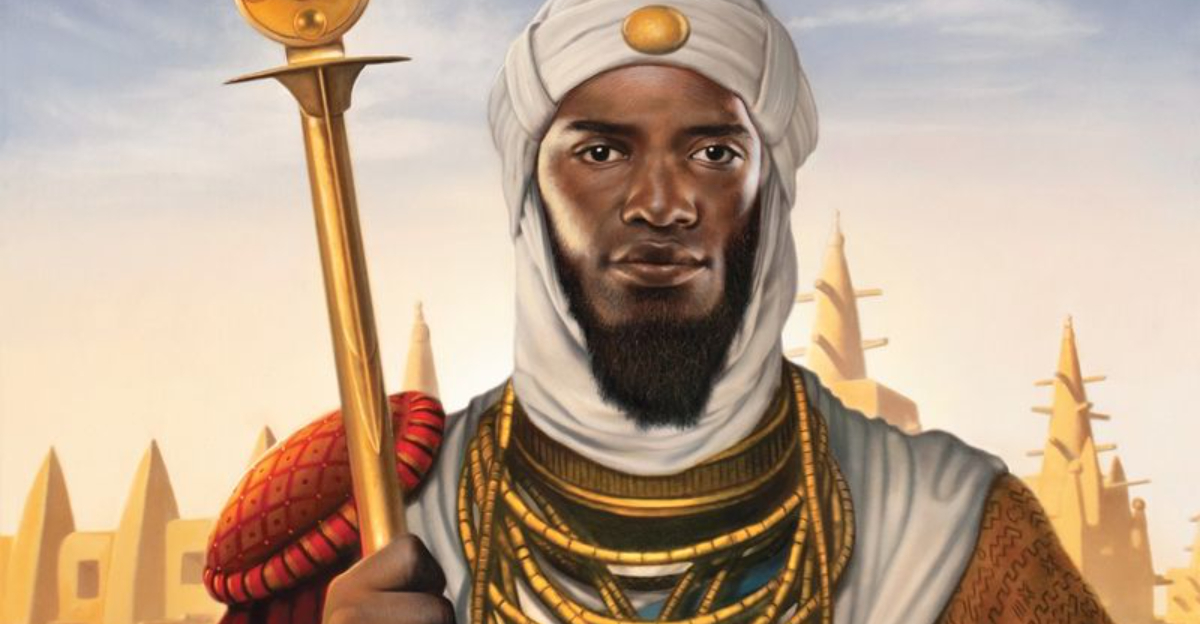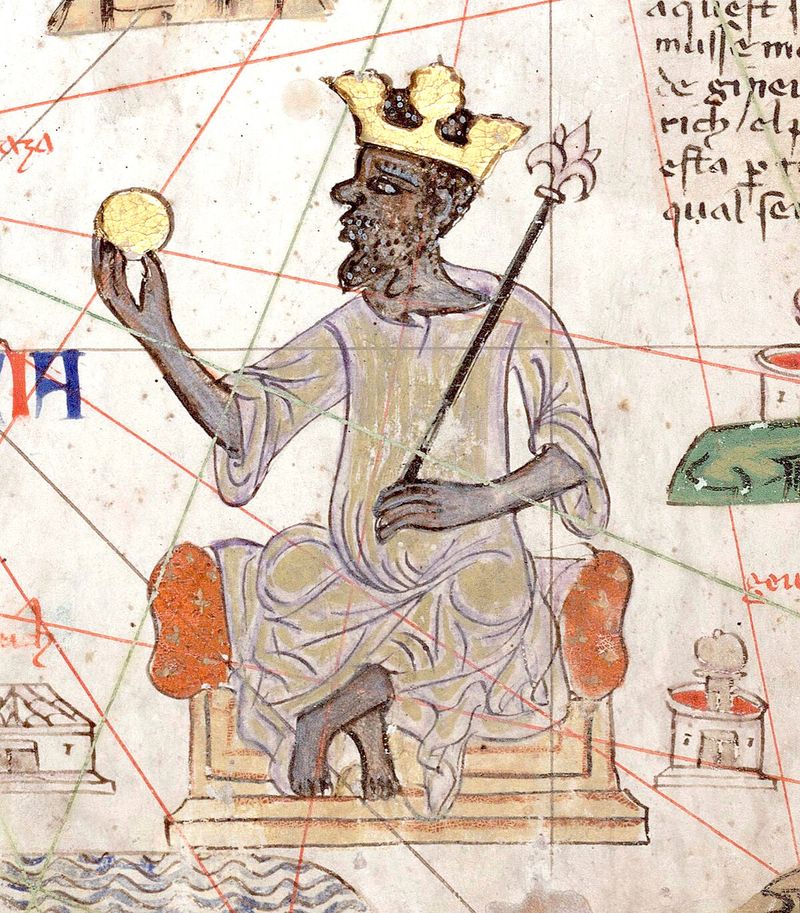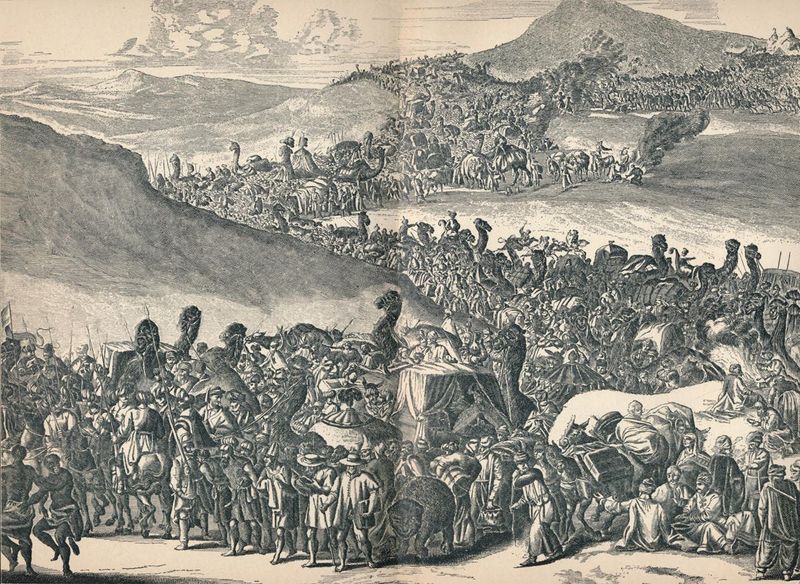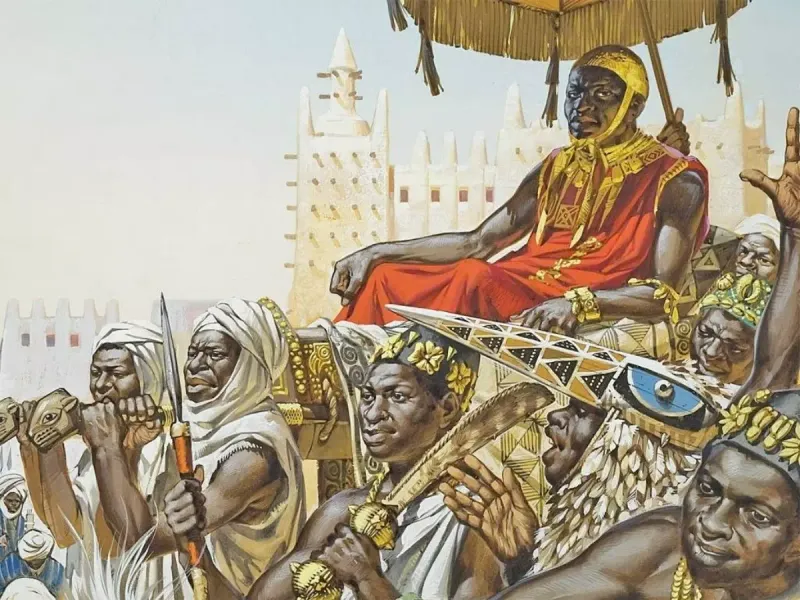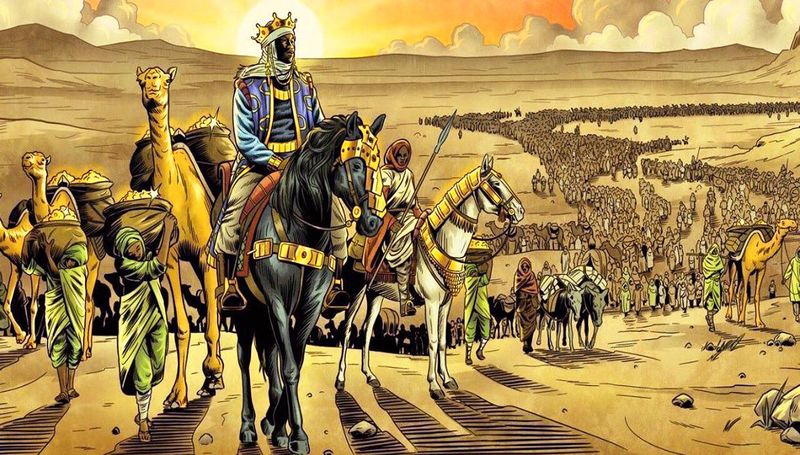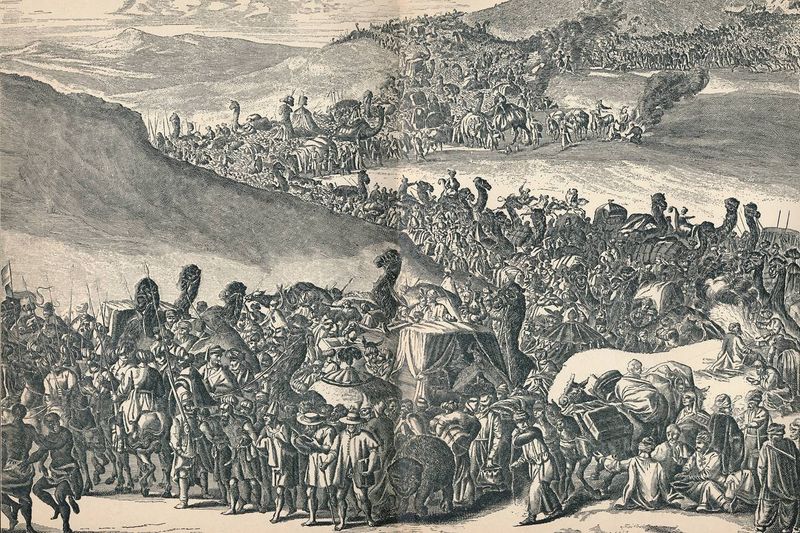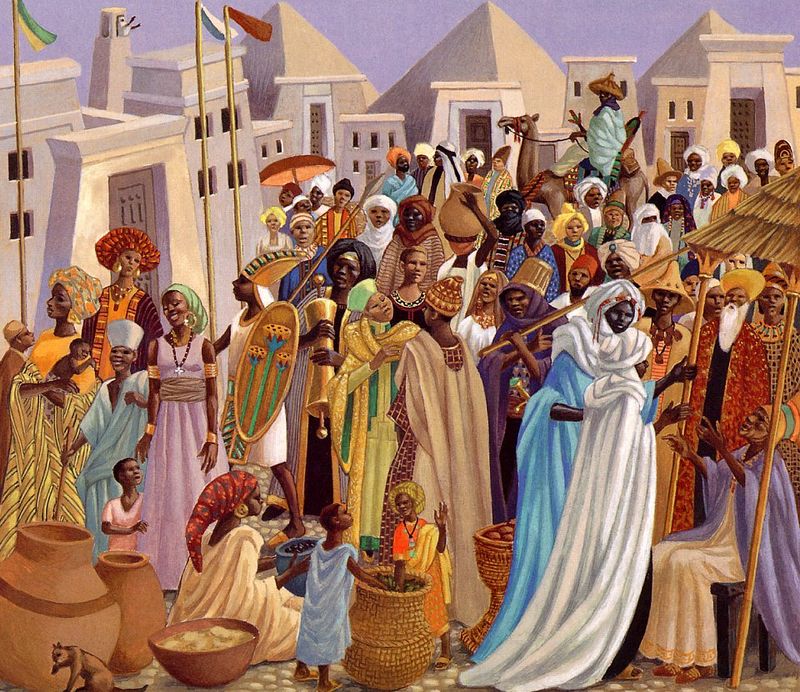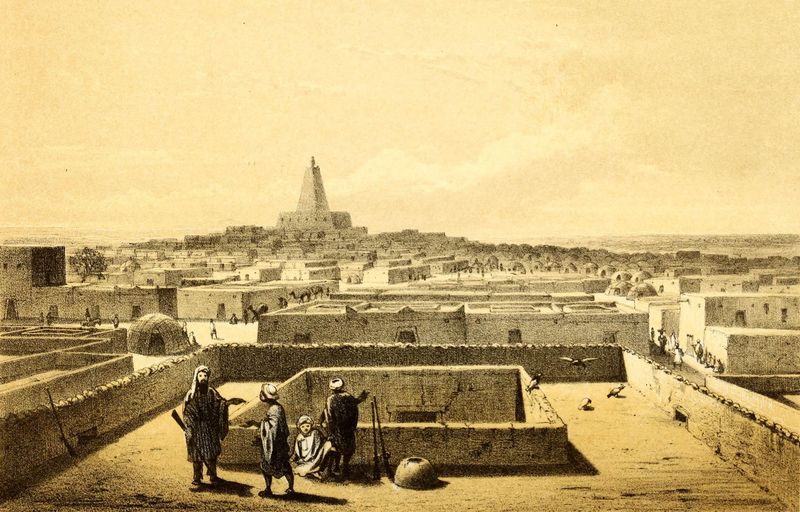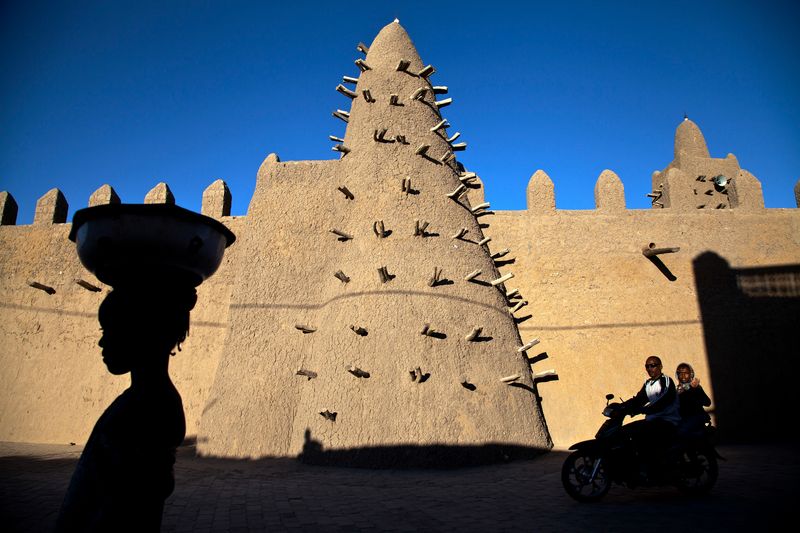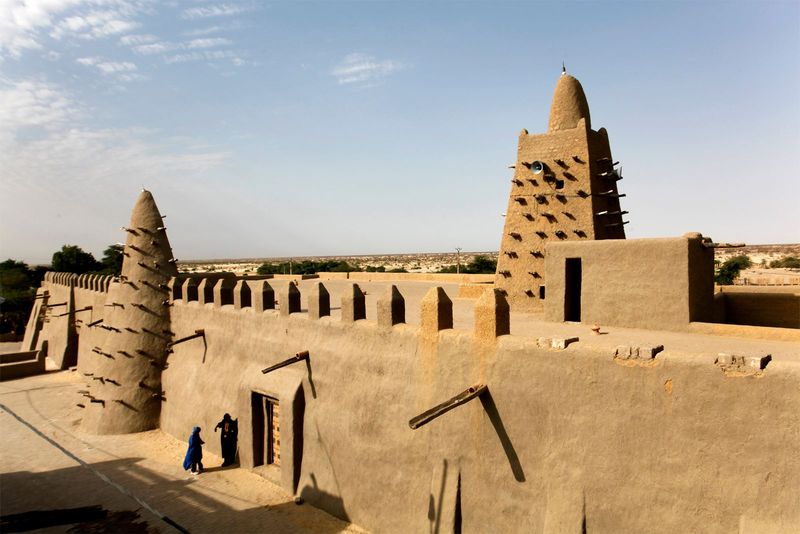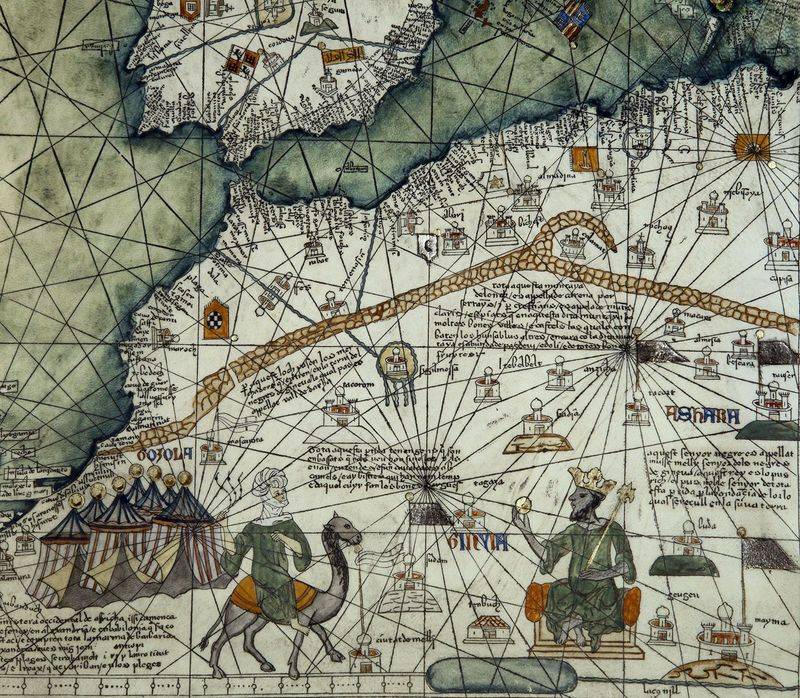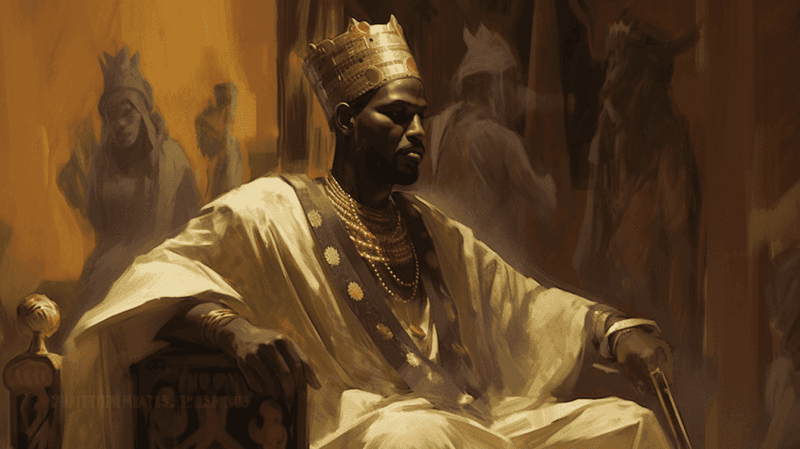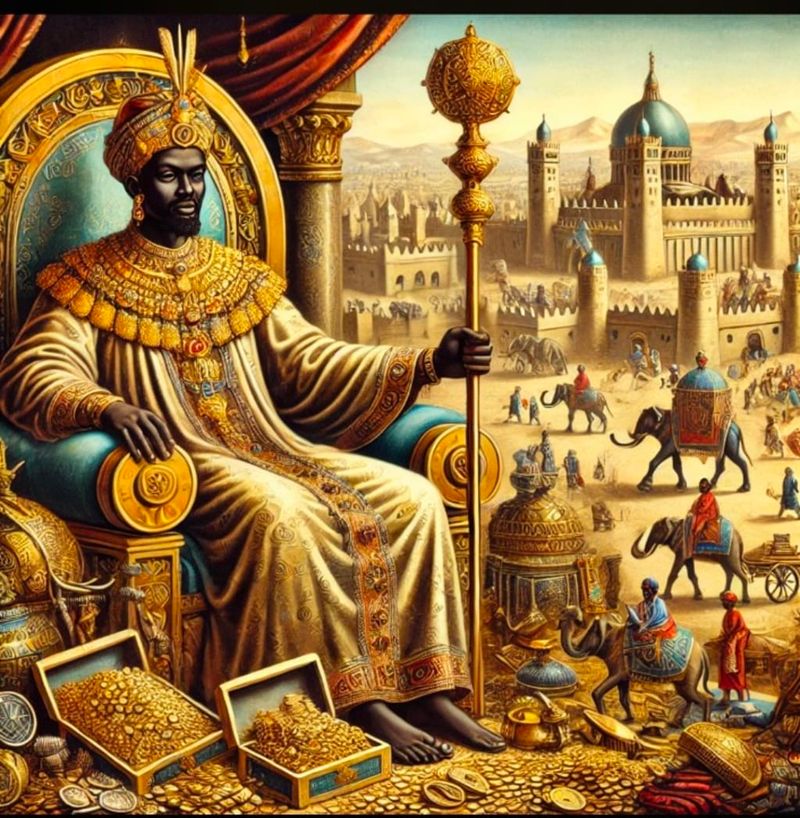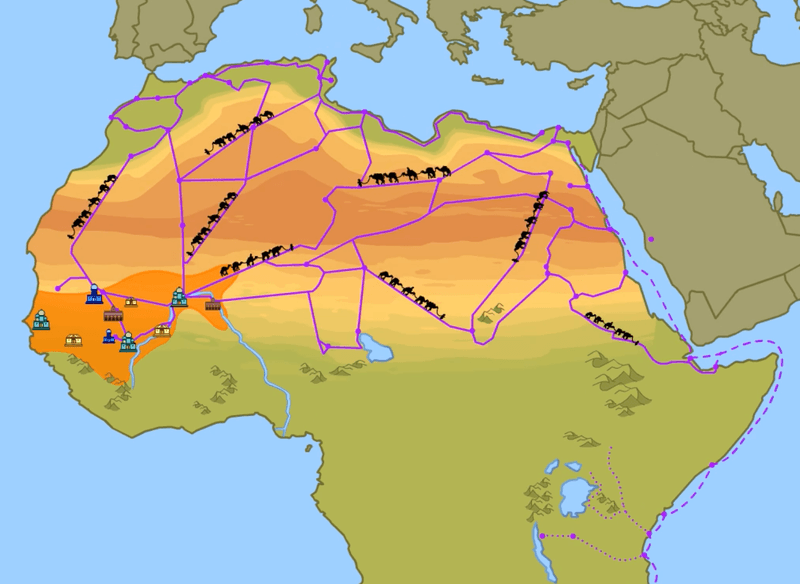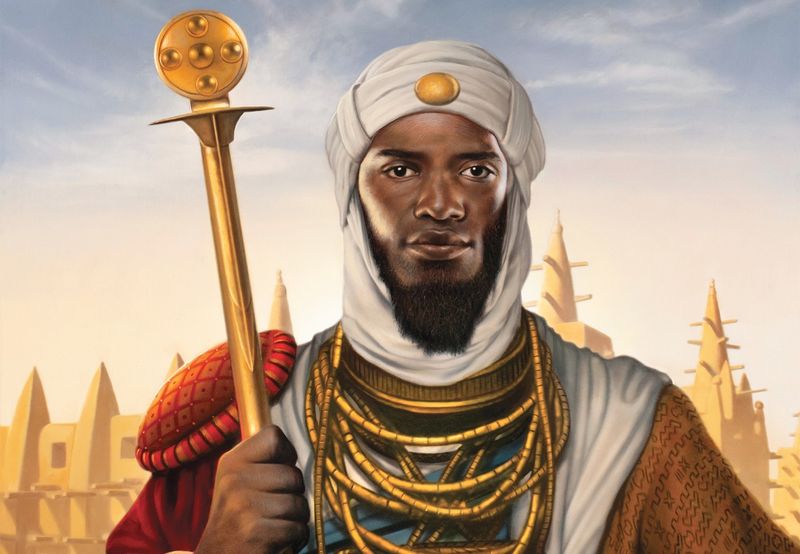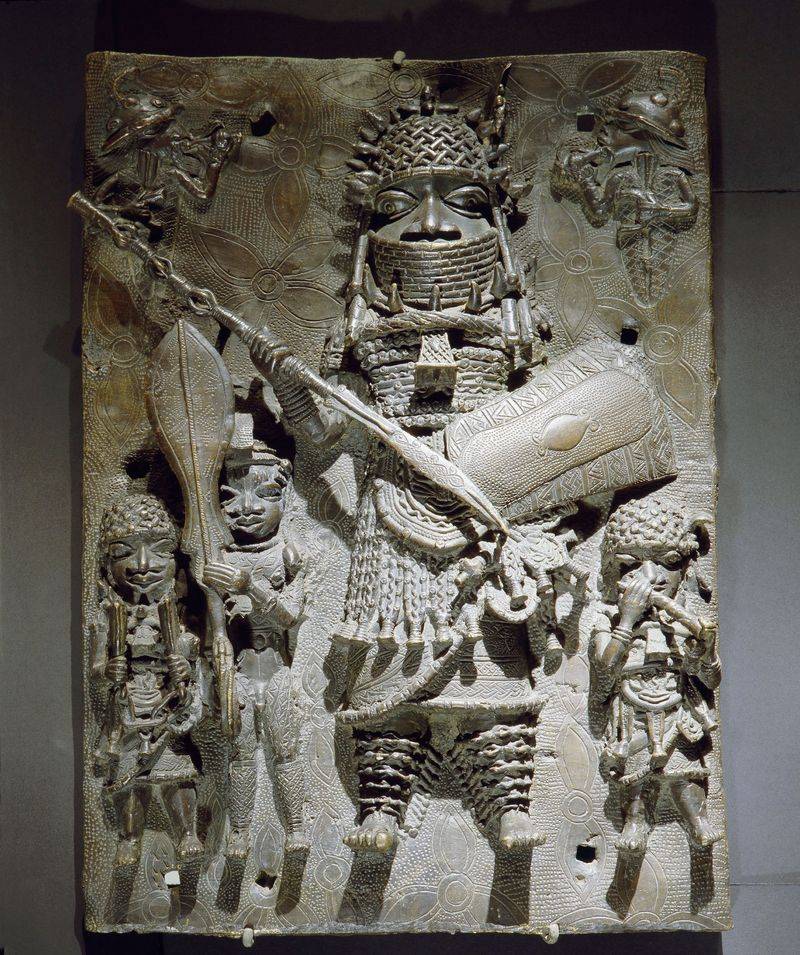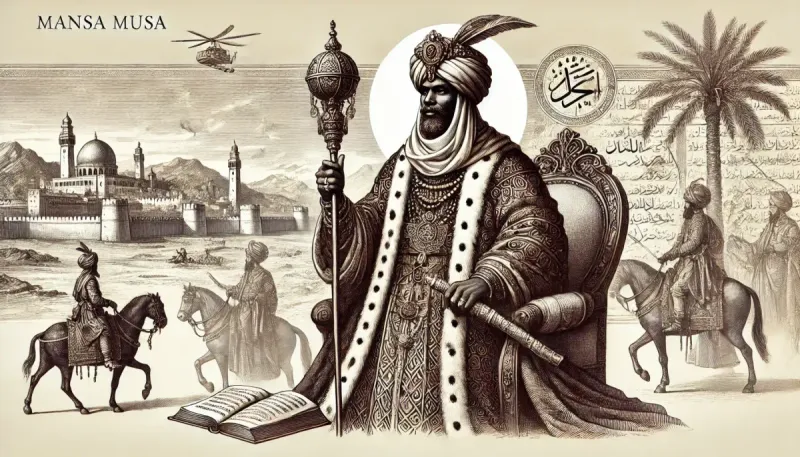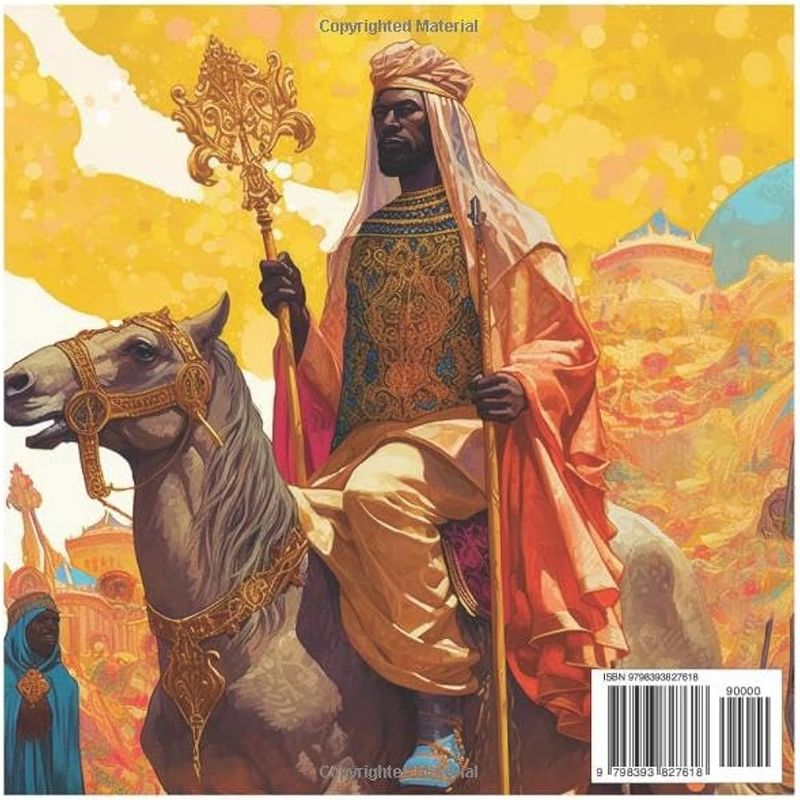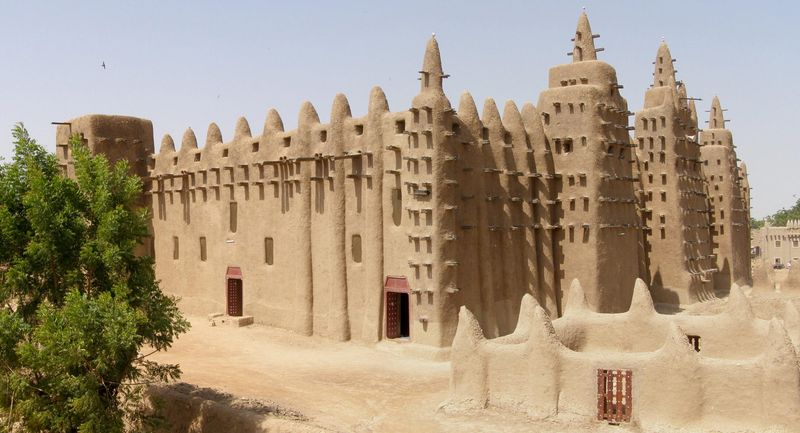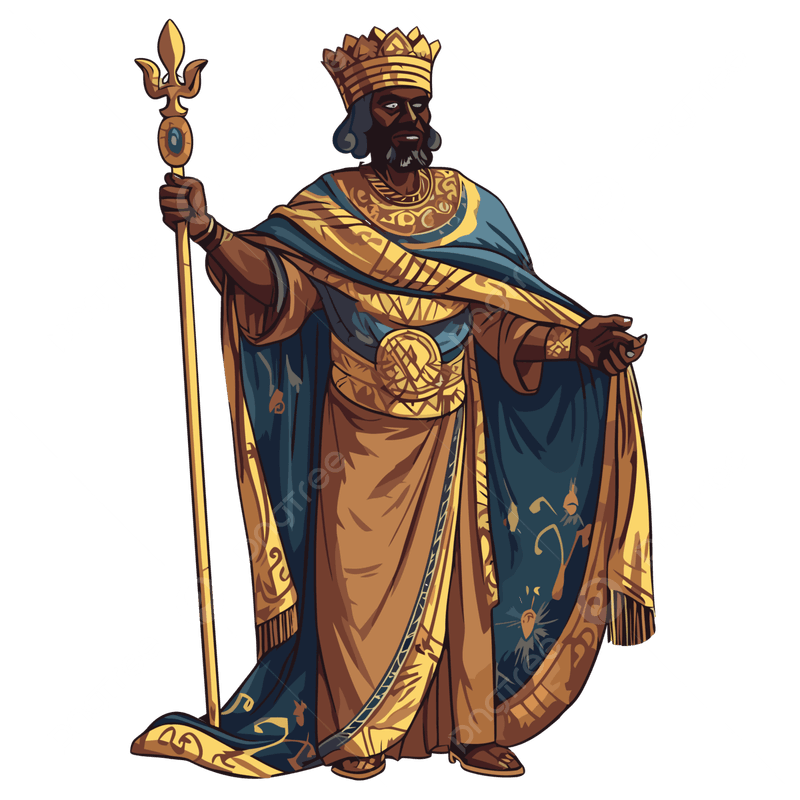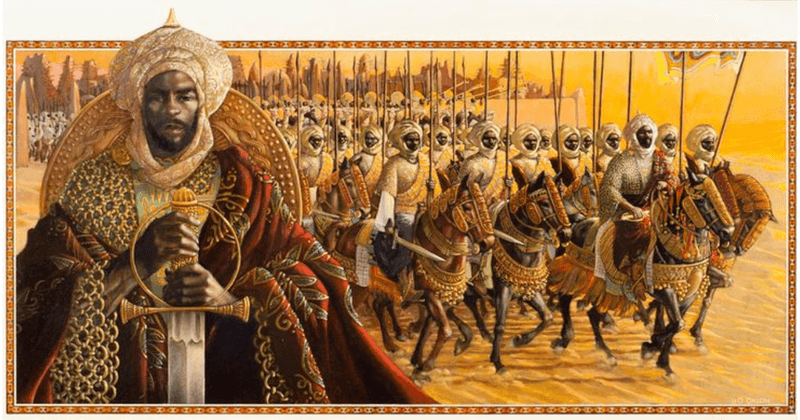Embark on a fascinating journey through the life of Mansa Musa, the legendary African emperor whose wealth left the world in awe.
As the tenth ruler of the Mali Empire, his reign from 1312 to 1337 marked an era of unprecedented prosperity and cultural flourishing.
Delve into his fabled pilgrimage to Mecca, where his extravagant generosity disrupted economies, and explore how he spread Islam across West Africa.
Discover his enduring legacy in education, architecture, and trade, and how he emerged as a symbol of African achievement and influence. Join us as we uncover 20 captivating facts about this extraordinary historical figure.
1. Tenth Mansa of Mali
Mansa Musa, the tenth ruler of the Mali Empire, presided over a realm renowned for its wealth and cultural influence. His leadership marked a period of significant expansion and prosperity, as he governed with wisdom and vision.
Under his reign, the Mali Empire became a beacon of wealth and power in West Africa. He was recognized not just for his riches but also for his strategic acumen, which helped consolidate the empire’s territories.
His legacy as the tenth Mansa is celebrated for steering the empire toward its zenith, and his rule is often recalled as a golden age in the history of West Africa.
2. Reigned from 1312 to 1337
Mansa Musa’s reign from 1312 to 1337 is often considered the golden age of the Mali Empire. Under his leadership, the empire experienced extraordinary cultural and economic growth.
His administration was characterized by robust governance that emphasized the development of the arts and education. Mansa Musa’s policies stimulated trade and learning, transforming Mali into a prominent center of commerce and culture.
His period in power saw the flourishing of cities like Timbuktu, which became hubs of innovation and scholarship. The years of his rule are remembered as a time when Mali achieved unprecedented heights in wealth and influence, leaving a lasting legacy.
3. Unimaginable Wealth
Mansa Musa is legendary for his unimaginable wealth, largely derived from the abundant gold reserves of the Mali Empire. His riches were so vast that they became the stuff of legends across medieval world accounts.
Musa’s wealth was not just in gold but also in the thriving commerce that he cultivated throughout his empire. His financial resources were unparalleled, enabling him to undertake grand projects and patronize the arts and education.
His wealth contributed to the empire’s status as a global economic powerhouse, and his name became synonymous with opulence and prosperity in historical reflections.
4. Fabled Hajj to Mecca (1324)
In 1324, Mansa Musa embarked on a legendary Hajj to Mecca, a journey that remains etched in history for its sheer extravagance.
Traveling with a colossal entourage, Musa’s caravan reportedly included thousands of soldiers, attendants, and slaves, along with dozens of camels laden with gold.
His pilgrimage was marked by generosity, as he distributed gold along the way, impacting economies far and wide.
The trip was not just a spiritual quest but also a diplomatic and cultural mission that highlighted Mali’s wealth and Musa’s commitment to Islam. The fabled Hajj cemented his status as one of history’s most extravagant figures.
5. Economic Impact
Mansa Musa’s lavish spending during his pilgrimage to Mecca had profound economic repercussions. As he generously distributed gold, he unintentionally caused temporary inflation in regions along his route.
The influx of gold destabilized local economies, illustrating the immense scale of his wealth. This phenomenon demonstrated the power of Musa’s riches and how his actions reverberated across continents.
The economic impact of his Hajj is a testament to Mali’s financial might under his rule, showcasing how Musa’s journey transcended religious significance to become an event of global economic interest. The story of this economic disruption has been recounted through generations.
6. Spread of Islam
Mansa Musa’s Hajj significantly propelled the spread of Islam throughout West Africa. By undertaking the pilgrimage, he highlighted the Mali Empire’s connection to the Islamic world.
His interactions with scholars and leaders during the journey fostered cultural and religious exchange. Upon his return, Musa continued to promote Islamic education and values within his empire, establishing mosques and learning centers.
This dissemination of Islamic culture enriched West African societies, embedding Islamic principles deeply in the region. Musa’s devotion and influence played a pivotal role in strengthening the Islamic presence in West Africa, leaving a lasting spiritual legacy.
7. Cultural Patron
As a cultural patron, Mansa Musa transformed the Mali Empire into a flourishing center of Islamic scholarship, art, and architecture.
His reign encouraged the convergence of diverse talents in Mali, fostering an environment where creativity and knowledge thrived. Musa generously funded the arts, attracting scholars, artists, and architects from across the Islamic world to his court.
This patronage led to the creation of magnificent structures and the proliferation of knowledge, further cementing Mali’s reputation as a hub of cultural and intellectual excellence.
His support of the arts left an indelible mark, contributing significantly to the Mali Empire’s enduring legacy.
8. Founding Timbuktu
Mansa Musa’s investment in key cities, particularly Timbuktu, laid the foundations for one of Africa’s most famous centers of learning and commerce.
Under his guidance, Timbuktu evolved into a vibrant city that attracted scholars, traders, and explorers from all corners of the world. The establishment of universities and libraries transformed it into a beacon of knowledge and trade.
Musa’s vision for Timbuktu was to create a city that embodied the Mali Empire’s intellectual and economic prowess. Today, Timbuktu’s historical significance remains a tribute to his foresight and commitment to cultural and educational advancement.
9. Architectural Legacy
Mansa Musa’s reign is notable for its architectural legacy, with the construction of numerous mosques and madrasas. His building projects reflected the empire’s wealth and his dedication to Islamic culture.
The structures he commissioned featured distinct Sudano-Sahelian architectural styles, characterized by their intricate designs and grandeur. These buildings were not only places of worship but also centers of learning.
Musa’s architectural achievements symbolized the fusion of Mali’s indigenous traditions with Islamic influences, leaving a lasting impact on West Africa’s built environment.
His contributions to architecture continue to be celebrated as essential elements of Mali’s rich cultural heritage.
10. Diplomatic Ties
Mansa Musa’s pilgrimage and the attention it garnered helped forge crucial diplomatic and trade relationships with regions across Africa, the Middle East, and Europe.
His interactions with leaders and scholars during his journey facilitated exchanges that extended beyond spiritual matters. Musa’s strategic diplomacy fostered mutual respect and cooperation, enhancing Mali’s geopolitical stature.
These diplomatic ties paved the way for increased trade, cultural exchange, and intellectual collaboration.
By promoting Mali’s image on the world stage, Musa’s efforts in diplomacy significantly contributed to the empire’s prosperity and influence, illustrating his acumen as a leader and visionary.
11. Historical Chronicling
The legendary journey of Mansa Musa to Mecca was meticulously chronicled by Arab historians and travelers. Their accounts provide valuable insights into the opulence of Musa’s entourage and the impact of his wealth.
These chronicles played a crucial role in cementing his status as a historical icon. Written records from scholars such as Ibn Khaldun and al-Umari offer detailed narratives of his travels, highlighting the grandeur and significance of his pilgrimage.
Their documentation ensures that Mansa Musa’s story continues to captivate imaginations and informs our understanding of the Mali Empire’s splendor and Musa’s extraordinary legacy.
12. Wealth in Modern Terms
The true extent of Mansa Musa’s wealth is difficult to quantify, but modern estimates suggest he would rank among the richest individuals in history, even by today’s standards.
His fortune, primarily amassed through the gold trade, was legendary in its magnitude. Historians and economists have speculated about the equivalent value of his wealth today, often comparing it to the riches of contemporary billionaires.
Musa’s financial standing exemplifies the economic power of the Mali Empire under his rule, offering a fascinating perspective on medieval wealth. This enduring narrative highlights the extraordinary prosperity that characterized his reign and legacy.
13. Pioneering Trade Routes
Mansa Musa’s reign saw the expansion of trans-Saharan trade routes, which facilitated the exchange of gold, salt, and other valuable commodities.
These routes were instrumental in connecting Mali with North Africa and beyond, fostering economic growth and cross-cultural interactions.
Musa’s strategic investments in infrastructure and security ensured the safe passage of traders, enhancing the Mali Empire’s commercial reach. The thriving trade network under his leadership contributed to the empire’s prosperity and global influence.
His pioneering approach to trade established Mali as a central hub in the medieval world, showcasing the empire’s pivotal role in international commerce.
14. Generosity and Piety
Mansa Musa was renowned for his generosity and piety, using his vast wealth to support charitable causes and Islamic institutions. His charitable acts were not limited to grand gestures during his Hajj but extended throughout his reign.
Musa’s benevolence was reflected in his support for the poor and his funding of mosques and learning centers. His commitment to Islamic values and humanitarian efforts endeared him to his people and reinforced his legacy as a compassionate ruler.
This blend of wealth and piety underpinned his leadership, highlighting the profound impact of his philanthropy on the Mali Empire and beyond.
15. Educational Advancements
Mansa Musa was a great proponent of education, funding scholars and establishing centers of learning that attracted intellectuals from far and wide.
His investments in educational infrastructure transformed cities like Timbuktu into renowned centers of scholarship and knowledge.
Musa’s support for education extended beyond building institutions; he actively encouraged intellectual exploration and cultural exchange.
The academic environment he fostered contributed to advancements in various fields, enriching the intellectual landscape of West Africa.
His dedication to education not only empowered his subjects but also helped secure the Mali Empire’s reputation as a beacon of learning and innovation.
16. Legacy of Stability
Mansa Musa’s leadership brought unprecedented political stability to the Mali Empire, which in turn enabled economic and cultural growth. His effective governance ensured peace and security, fostering an environment where prosperity thrived.
Musa’s ability to maintain stability through diplomacy and strategic alliances strengthened the empire’s unity and resilience.
This stable foundation allowed for significant advancements in trade, education, and culture, enhancing the Mali Empire’s stature as a powerful and influential entity.
Musa’s legacy of stability is a testament to his exceptional leadership skills, which not only sustained but elevated the empire to new heights of success.
17. Inspiration for Legends
Mansa Musa’s extraordinary life and unparalleled wealth have inspired countless legends and references in literature, art, and modern discussions about affluence.
His fabled story transcends time, captivating imaginations and becoming a symbol of opulence and possibility. Artistic renditions and literary works often draw upon his life as a source of wonder and inspiration.
These creative interpretations reflect the profound impact of his legacy on cultural narratives across the globe.
Musa’s story continues to resonate, illustrating the enduring fascination with his persona and the historical significance of his reign. Through legends, his influence lives on, inviting new generations to explore his remarkable journey.
18. Architectural Innovations
The architectural innovations during Mansa Musa’s reign, particularly in Timbuktu and Djenné, are celebrated examples of West African Sudano-Sahelian architecture.
These structures exemplify the fusion of traditional African designs with Islamic influences, resulting in unique and striking aesthetics.
The buildings constructed under Musa’s patronage were not only functional but also symbolic of the Mali Empire’s cultural and religious identity.
Their enduring presence serves as a testament to the empire’s architectural ingenuity and Musa’s vision. These innovations continue to be admired for their historical and cultural significance, offering glimpses into the rich heritage of Mali’s golden age.
19. Symbol of African Heritage
Mansa Musa stands as a powerful symbol of African achievement and the historical prosperity of the continent long before modern times. His reign exemplifies a period when African kingdoms were at the forefront of global wealth and culture.
Musa’s legacy highlights the rich history and contributions of African civilizations to the world. His story challenges stereotypes and provides a narrative of empowerment and success.
As a symbol of Africa’s past glory, Musa’s life and accomplishments continue to inspire pride and recognition of the continent’s diverse and influential heritage. His impact remains a testament to Africa’s enduring legacy in world history.
20. Enduring Influence
Mansa Musa’s legacy endures as a reminder of the rich history of West Africa and its significant contributions to global culture and commerce.
His influence is evident in the continued reverence for the Mali Empire’s achievements in trade, education, and architecture. Musa’s story is taught and celebrated in classrooms worldwide, serving as a source of inspiration and historical insight.
His ability to integrate wealth with cultural patronage and diplomacy set a precedent for future generations.
The enduring fascination with his life underscores the impact of his reign, illustrating the timeless resonance of his accomplishments and the Mali Empire’s place in history.
